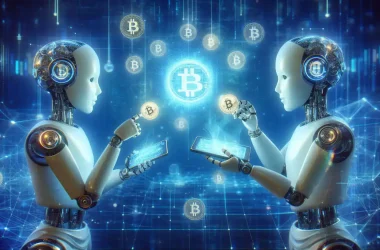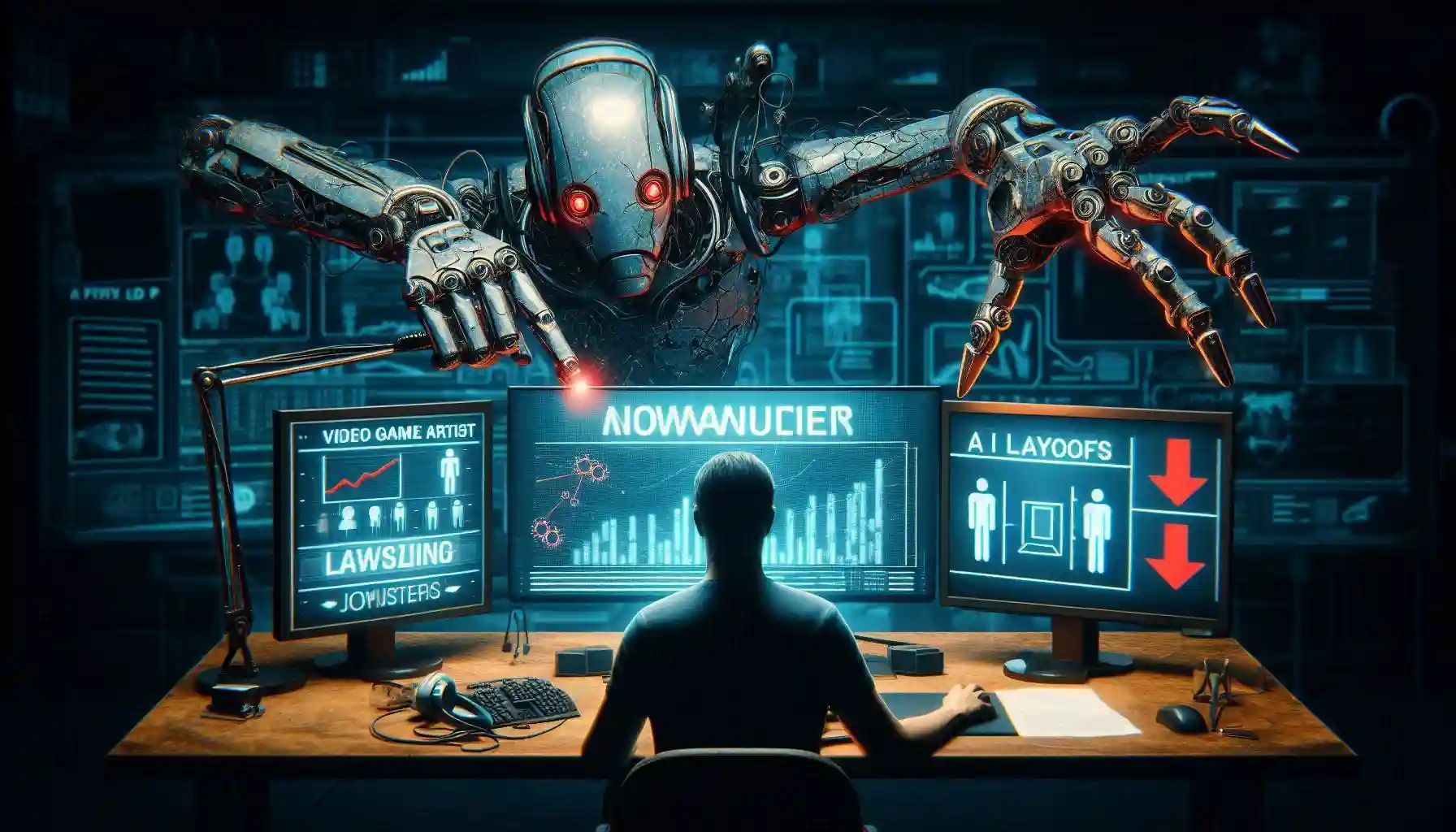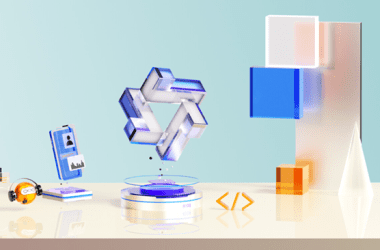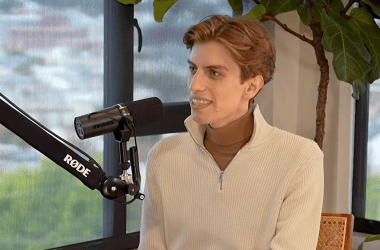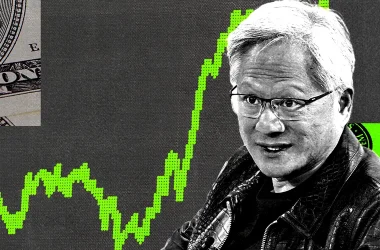Jess Hyland, a seasoned video game artist, faces the unsettling prospect that her job could vanish overnight due to the AI impact on gaming jobs. With nearly 15 years in the industry, she describes its current state as precarious, despite a surge in player engagement and profits during the pandemic that led to rapid investments, expansions, and acquisitions.
The Creative Dilemma with AI
However, not all share this optimism. Jess, part of the Independent Workers Union of Great Britain’s game workers branch, voices skepticism. Amid layoffs, workers suspect AI as a cost-cutting measure; AI has already displaced colleagues. Online sources report AI affecting entry-level roles like concept art.
Most AI firms deny intentions to replace humans, acknowledging technological limitations. Jess fears job transformations for the worse. Rather than creating, artists may fix AI-generated flaws—missteps in rendering hands or chairs. “Fixing AI wasn’t why I entered game development,” says Jess.
Industry Perspectives on AI
Chris Knowles, a former Jagex senior engine developer, echoes concerns. “Why hire artists to fix AI when we can harness their creativity for new player connections?” asks Chris, now with indie studio Sidequest Ninja. Smaller developers distrust generative AI, fearing game clones and financial strain. AI copying art assets threatens indie studio sustainability, compounded by high operational costs.
Copyright disputes over AI, currently litigated, hinder gaming adoption. Tools training on web content face backlash; Jess sees “mass copyright infringement.” Some explore AI trained on internal data or ethical tools off authorized sources. Despite promises, AI scaling risks overworking creatives. “More output, more income,” Jess summarizes.
A Mixed Reception
Composer Borislav Slavov, BAFTA Games Award winner for Baldur’s Gate 3, supports AI’s role in music. Faster exploration of new themes inspires deep compositions, though he deems AI unable to replace human artistry.
Jess welcomes AI for repetitive tasks but resists automating creativity. AI firms reassure regulators amid gaming critique; The Finals’ synthesized voices and Foam stars art stir debates. Gamers now value human-crafted experiences.


